- What Lens Should You Buy? A Complete Guide to Camera Lenses for Beginners
-

Selecting the right lens for your camera can feel a little daunting given the breadth of choice. Whether you are a photographer, filmmaker or hybrid shooter, Canon will help you to select the right lens for your camera and to ensure you capture your desired photo or video outcome.
Currently, Canon offers the RF, RF-S, EF, EF-S and EF-M ranges of lenses.
This article serves to explain the capabilities of each lens as well as camera compatibility. This will help to identify the most suitable lenses for your needs.
There are many similarities between the human eye and a camera lens in terms of how they work. Both serve as optical systems that gather light and focus to create a clear image.
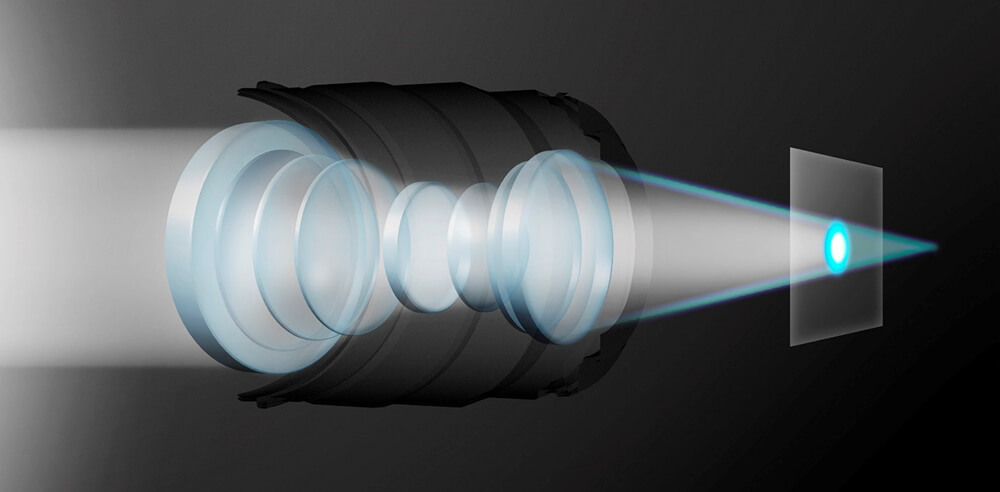
The two fundamental factors to understand a lens type, is Focal Length and Aperture. Here’s what they mean.
Focal length: also known as your field of view. This refers to the distance between the lens’s optical centre and the image sensor of the camera. Essentially, this determines the angle of view and magnification of your photo and video.
For example, 16-28mm is deemed to provide a wider field of view, ideal for landscapes or group photos, allowing you fit more into your frame. 70-200mm on the other hand provides a narrower field of view. This is great for wildlife and sports photography where you can magnify a subject where it is often far away.
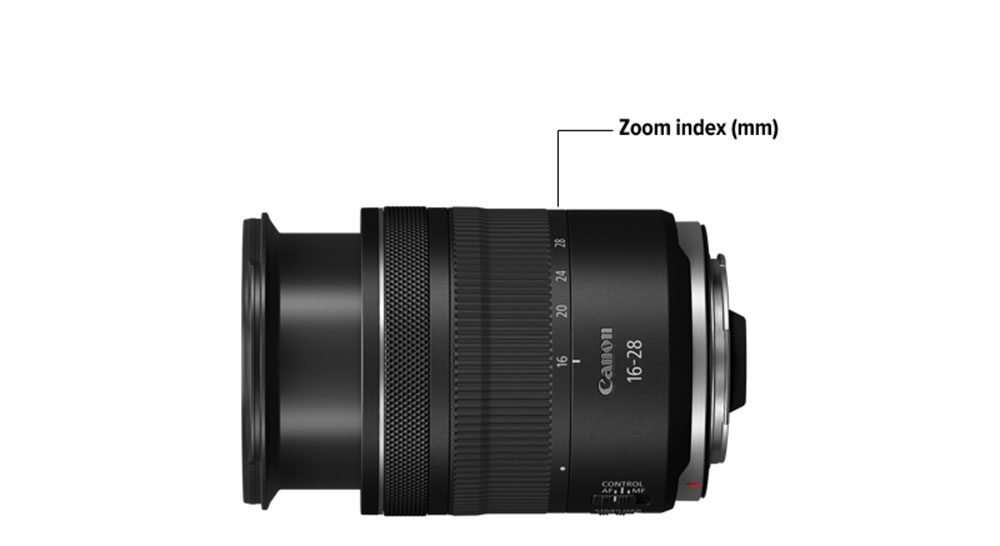
Aperture: often referred to as the f-stop. This controls the amount of light that enters the camera. A large aperture like f/1.4 lets in more light than a smaller aperture like f/4.
A larger aperture can provide additional benefits depending on your use of camera. For example, you can achieve the “bokeh” effect. This is where the background is blurred and the focus is drawn to the subject. For those shooting in low-light conditions without a flash, a larger aperture will allow more light to hit the camera sensor enabling a sharper image.

It is recommended that you understand the type of camera you have before selecting a compatible lens. Do you have a Mirrorless camera or DSLR? Is it with a Full Frame or APS-C sensor? This will determine the range of lenses that can be used with your camera.
DSLR vs Mirrorless: While both cameras are digital, they capture images in different ways. Most importantly, they feature different lens mounts.
DSLR cameras were introduced well before mirrorless cameras. Both lenses and camera bodies are heavier and larger in size but have an optical view finder which is a major advantage for some photographers.
Mirrorless cameras offer lighter, more compact lenses with an electronical viewfinder. In addition, there are more lenses that are compatible for mirrorless users thanks to the option to purchase a lens adapter to use existing lenses that were originally made for DSLR cameras. Read more in our article Mirrorless vs DSLR Cameras: Which is right for you.
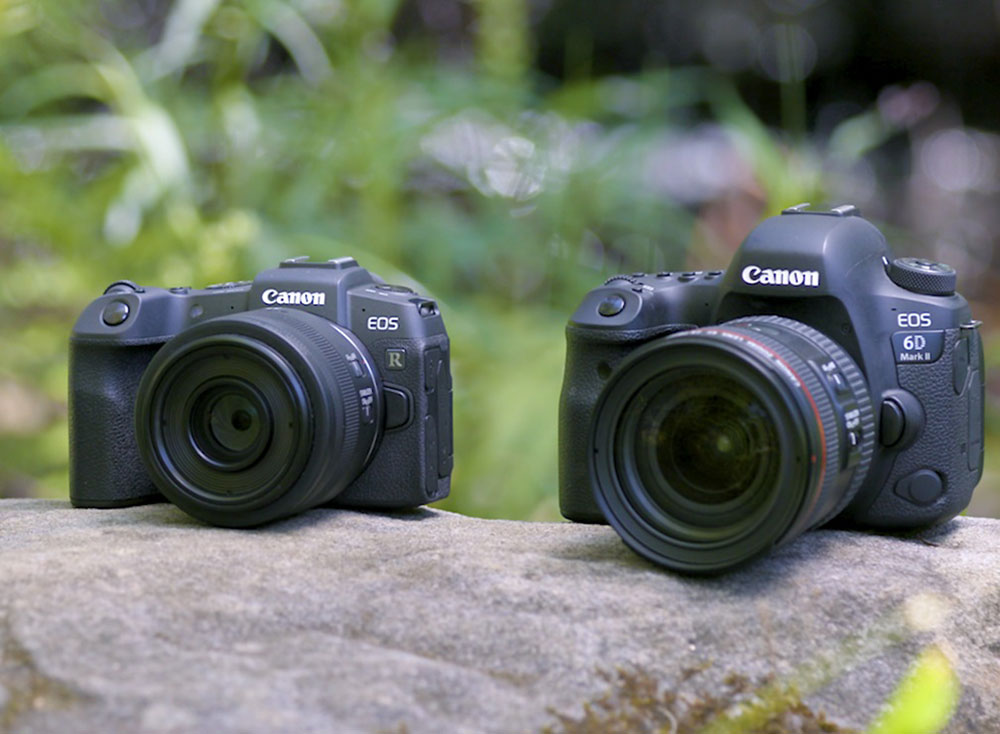
APS-C vs Full frame: The main difference between APS-C and Full frame cameras is its sensors. Full frame sensors are larger than APS-C sensors. Whilst larger does not necessarily mean better, each has its own benefits.
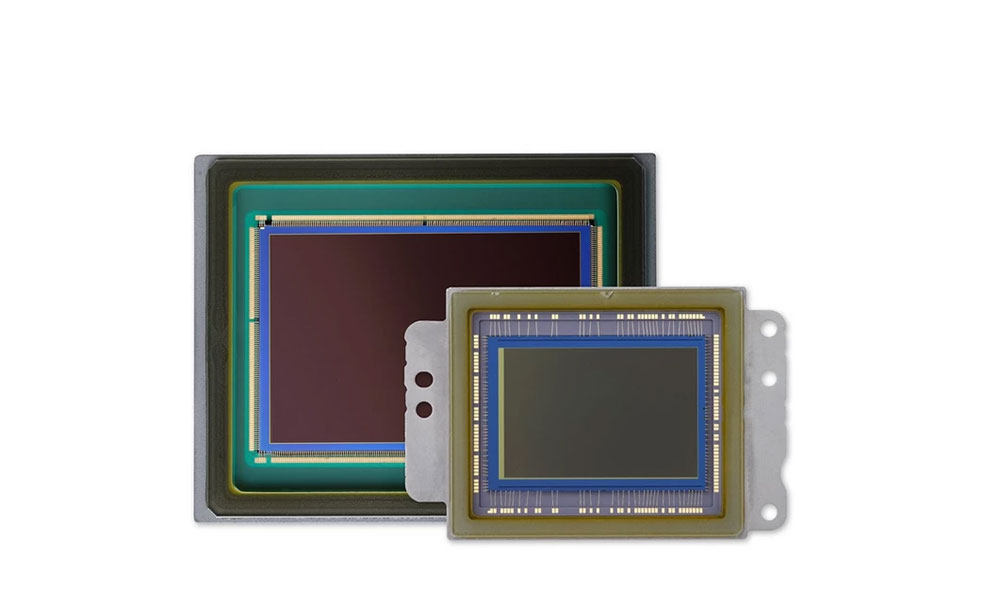
Full frame sensors have a larger frame. This gathers more light than the APS-C sensor which typically provides better image quality, especially at night or in low-light conditions. While APS-C sensors still provide excellent image quality, they can often create more noise at high ISOs.
For most beginner or enthusiast photographers, these differences are often not noticeable, however there is a difference in the cost and size between these cameras.
Full frame cameras are typically more expensive and heavier due to the sensor size and advanced technology that comes with it. APS-C cameras are more compact, lighter and affordable, making them ideal for beginners and those wanting a lighter setup for travel. Read more about the advantages of a full-frame camera.
Below is guide that helps you to select a lens that is compatible with your specific camera.
This is a full breakdown of compatible lenses across the Canon DSLR and EOS Mirrorless range. For example, if your EOS R series camera has an APS-C sensor you should first look at RF-S lenses which have been designed for the specific camera range.
| Full Frame EOS R Series | APS-C EOS R Series | Full Frame DSLR | APS-C DSLR | M series | |
|---|---|---|---|---|---|
| RF Lens | Fully compatible | Crops image by 1.6x | Not compatible | Not compatible | Not compatible |
| RF-S Lens | Crops image by 1.6x | Fully compatible | Not compatible | Not compatible | Not compatible |
| EF Lens | Compatible with EF-EOS R Adapter | Compatible with EF-EOS R Adapter | Fully compatible | Crops image by 1.6x | Compatible with EF-EOS M Adapter |
| EF-S Lens | Compatible with EF-EOS R Adapter | Compatible with EF-EOS R Adapter | Crops image by 1.6x | Fully compatible | Compatible with EF-EOS M Adapter |
| EF-M Lens | Not compatible | Not compatible | Not compatible | Not compatible | Compatible |
RF Lenses: feature the RF mount, designed for EOS R series mirrorless bodies. Equipped with the latest technology, these lenses offer faster communication between the camera body and the lens, resulting in state of the art autofocus and image stabilisation. The lenses can be used on cameras such as the EOS R8 and the EOS R5 Mark II.
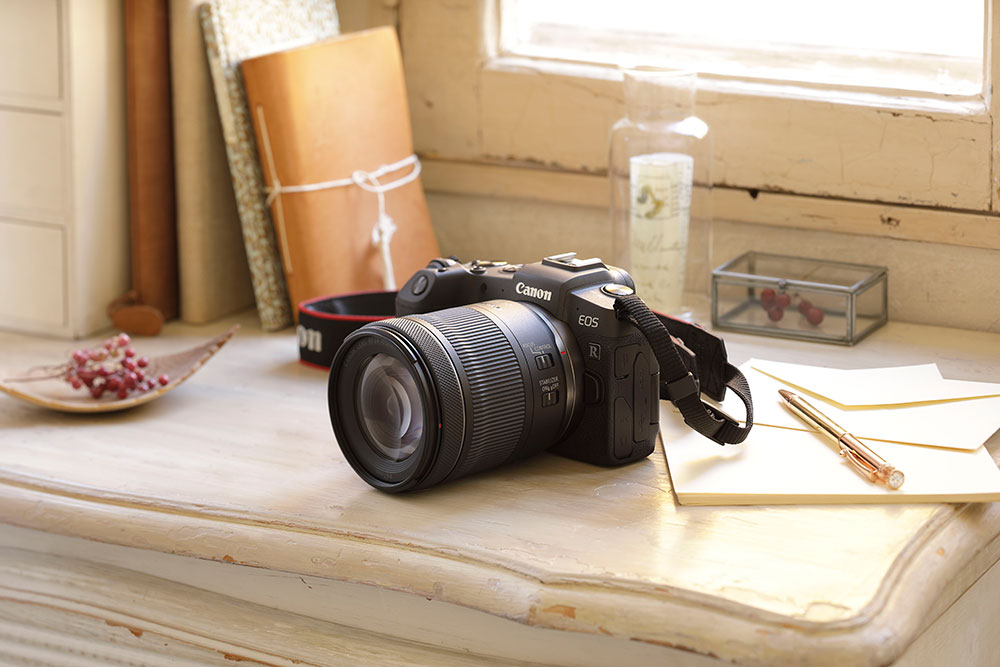
RF-S Lenses: also feature the RF mount despite being designed for APS-C mirrorless cameras. While these lenses may not feature as advanced specs as the RF full frame lenses, they are much more compact, lighter and affordable. These lenses can be used on cameras such as the EOS R50 and EOS R10.
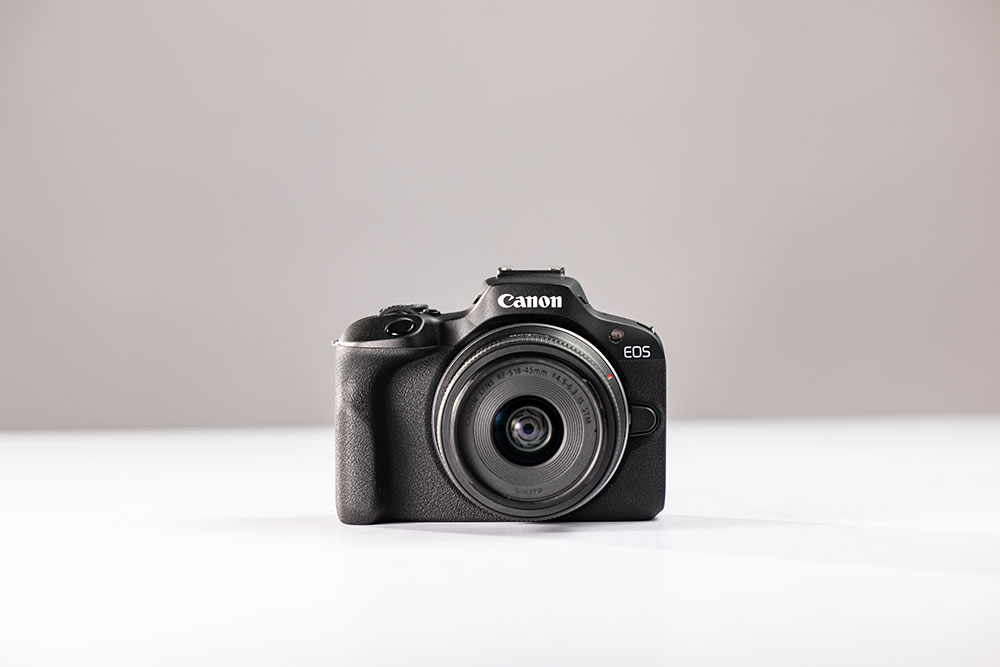
EF Lenses
EF lenses feature an EF mount and is designed for DSLR cameras. Despite the larger RF lenses being on the market longer, they still offer great results on both DSLR and R series cameras (when paired with the EF-EOS R adapter). These lenses can be used on cameras such as the EOS 5D Mark IV and the EOS 6D Mark II.
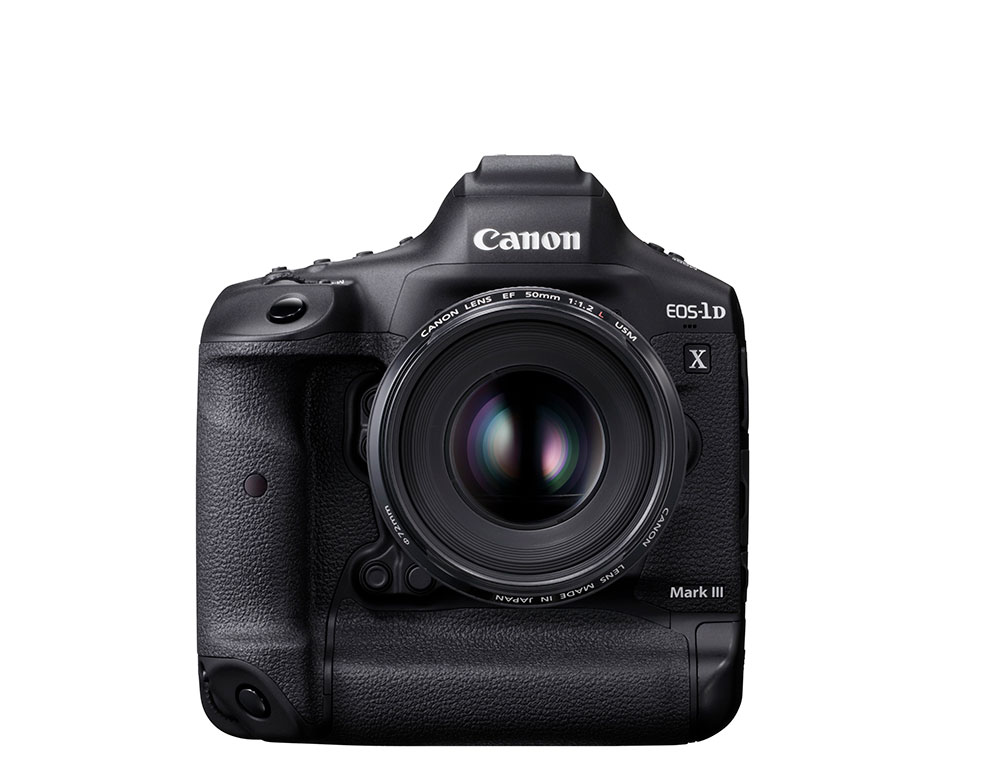
EF-S Lenses
EF-S lenses feature an EF-S mount which is only compatible with APS-C DSLR cameras. They are smaller in size and lighter than the EF lenses and generally more affordable. These lenses can be used on cameras such as the EOS 80D and EOS 200D.
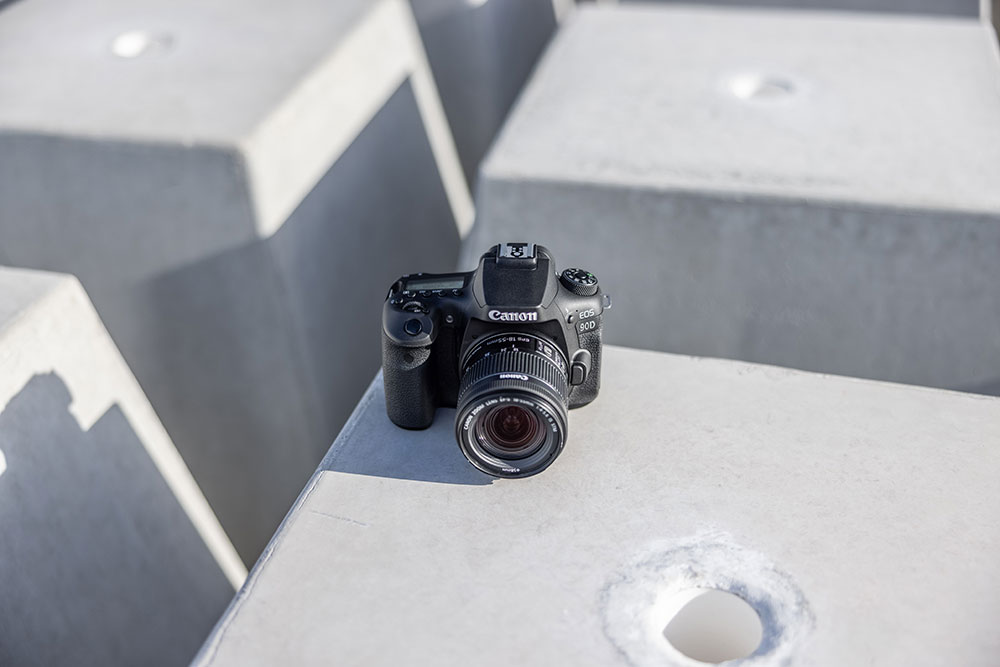
EF-M lenses
EF-M lenses feature an EF-M mount which is only compatible with the EOS M series cameras. The EF-M lenses are compact in size making it ideal for travel. These lenses can be used on cameras such as the EOS M50 Mark II.
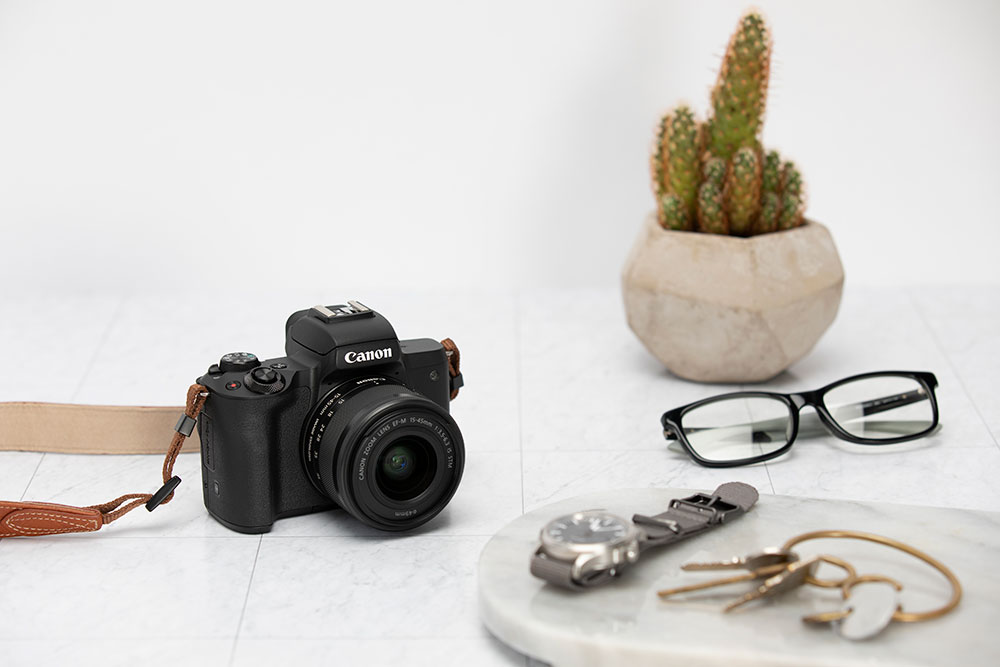
Camera lenses come in different shapes and sizes. However, a long telephoto lens for sports photography may not give you as nice results when shooting landscapes for example. Visit our full range of Canon’s lenses here.
Zoom Lenses
Zoom lenses such as the RF 28-70mm f/2.8 IS STM or RF-S 18-150mm f/3.5-6.3 IS STM offer a versatile focal range. Making them extremely convenient for those travelling or simply users who prefer to not carry multiple lenses.
Prime Lenses
Prime lenses have only one focal length, such as the RF 50mm f/1.8 STM and RF 28mm f/2.8 STM. These prime lenses don’t allow you to zoom. However, since they have fewer internal elements and moving parts, they offer superior image quality.
Very often, the key benefit of a prime lens comes down to the aperture values - such as f/1.8 or even f/1.2, which means they offer a shallow depth of field. This makes them ideal for portraits as well as any type of work that involves a blurry background. In low light conditions the large aperture will allow more light into the camera.
Macro Lenses
Macro lenses allow you to zoom in and focus on close subjects. Macro lenses such as the RF 35mm f/1.8 Macro IS STM and the RF 85mm f/2 Macro IS STM enable the objects to appear bigger than life size with superb detail. This is ideal for magnifying insects, products, or plants in extreme detail.
Telephoto Lenses
Lenses with larger focal lengths are referred to as telephoto lenses. They offer greater magnification when shooting subjects at a far distance. For example, the RF 100-400mm f/5.6-6.8 IS USM is often used for wildlife and sports photography, allowing users to zoom in on the animal or athlete when it is not possible to get close to them. Whilst the RF 75-300mm f/4-5.6 will offer users a more affordable and compact approach – weighing in at just 507g with a build of smaller than the size of a 500ml drink bottle, easy to take anywhere they go.
Wide-angle lenses
Wide-angle lenses such as the RF-S 10-18mm f/4.5-6.3 IS STM or RF 16-28mm f/2.8 IS STM have smaller focal lengths and can capture a wider perspective. This makes them suitable for landscape photography, or other forms of photography where you are shooting in tight spaces.
Matching lenses to the photography style you're aiming for is crucial in achieving your desired results. Below are some key considerations that that will help:
Size and weight: when it comes to travel and comfort, size and weight will play the biggest part to your setup. This is particularly important if you are often on the move or looking to purchase a lens for travel. Larger and heavier lenses on the other hand may have more advanced features, but each photographer must weigh up performance with comfort accordingly.
Budget: by understanding your main needs and requirements, you’ll be able to make better choices to maximise your investment. For example, if you’re on a limited budget but require quality blurred backgrounds for portraits, the RF 50mm f/1.8 STM would be a cost friendly option.
Low-light performance: those shooting in low-light conditions may want to consider lenses with larger apertures (like f/1.4, f/1.8 or f/2.8). These allow more light into the camera. This comes with a range of benefits including less noise, faster shutter speeds, better focus, and most importantly, better image quality.
Image stabilization: If you are shooting handheld, even the slightest of shifts can cause camera shake. Looking for a lens with IS (Image Stabilization) will reduce these effects, and when paired with a camera body that also has In-Body Image Stabilization (IBIS), you’ll be able to produce even sharper images.
In summary, the Canon range includes the RF, RF-S, EF, EF-S and EF-M lenses. This caters for all needs, from wide angle, to prime, to zoom and to telephoto. Choosing your next lens will come down to compatibility with your camera, your budget and most importantly, your use case. We encourage you to explore and experiment with lenses on your Canon camera body to expand your creative horizons.
To find out more information about a particular lens you may be interested in, view the entire range.

Full-time photographer and content creator, Wil Calabio, shares his travel must-haves and how he takes care of his camera gear while on the road.

Unlock the secrets of stunning product photography with pro tips from photographer, Reuben Looi. Master lighting, composition, styling, editing and more.

With almost 200 countries in the world, how do you decide where to travel to first? We asked seven photography-loving adventurers to help you choose.